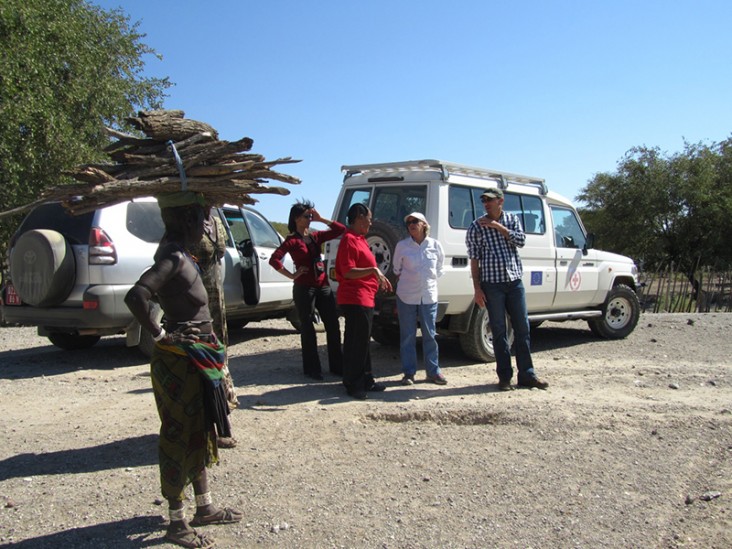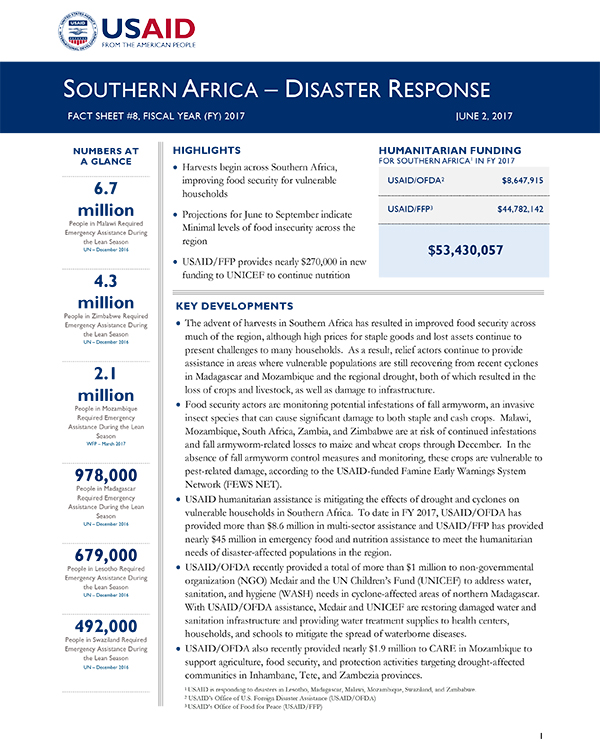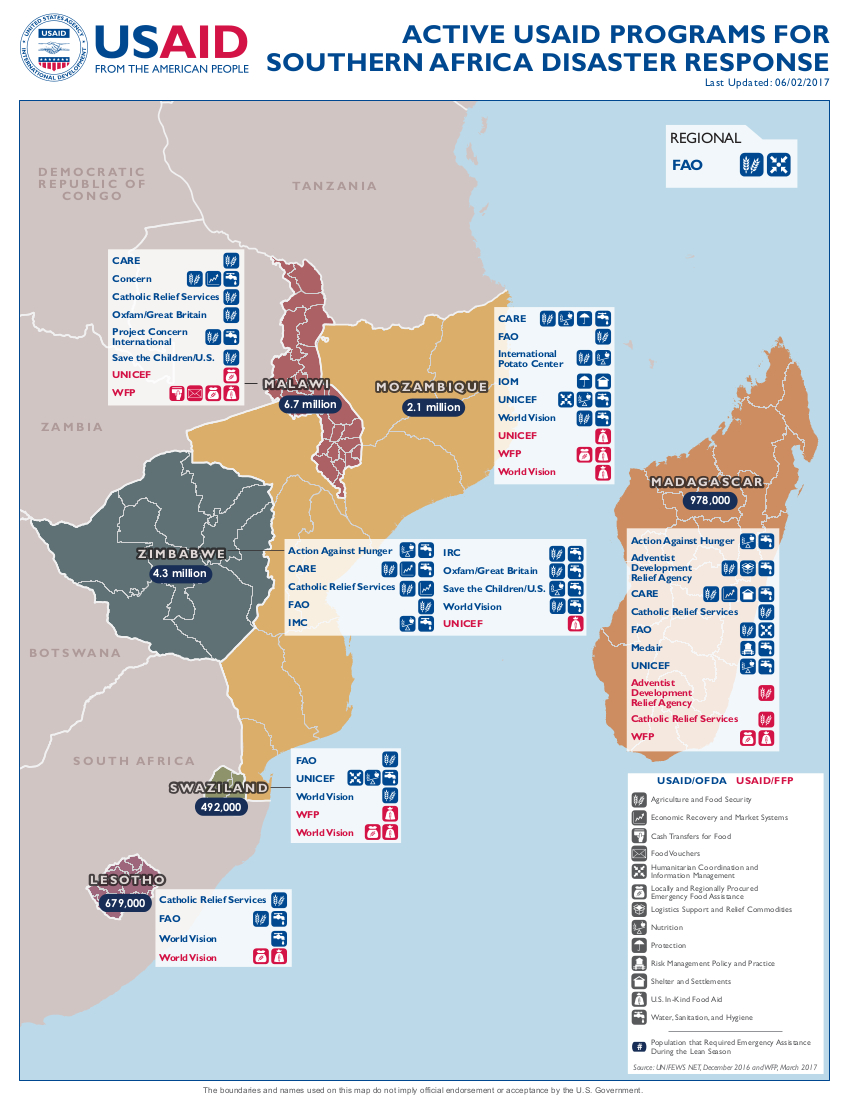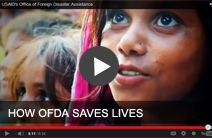- What We Do
- Agriculture and Food Security
- Democracy, Human Rights and Governance
- Economic Growth and Trade
- Education
- Ending Extreme Poverty
- Environment and Global Climate Change
- Gender Equality and Women's Empowerment
- Global Health
- Water and Sanitation
- Working in Crises and Conflict
- Disaster Assistance
- Political Transition Initiatives
- Conflict Mitigation and Prevention
- Countering Violent Extremism
- Disaster Risk Reduction
- Peacebuilding and Reconciliation
- Providing Safe & Secure Environments for Development
- Recovering From Crisis
- Resilience
- Tech Challenge for Atrocity Prevention
- World Humanitarian Day
- U.S. Global Development Lab

Latest Southern Africa Fact Sheet
Southern Africa Disaster Response Fact Sheet #8 ![]() (pdf - 164k)
(pdf - 164k)
Southern Africa Map - 06-02-2017 ![]() (pdf - 613k)
(pdf - 613k)
Key Developments
USAID's Office of U.S. Foreign Disaster Assistance USAID/OFDA) is responding to a regional drought in Southern Africa, including in Angola, Lesotho, Madagascar, Malawi, Mozambique, Namibia, Swaziland, and Zimbabwe.
The advent of harvests in Southern Africa has resulted in improved food security across much of the region, although high prices for staple goods and lost assets continue to present challenges to many households. As a result, relief actors continue to provide assistance in areas where vulnerable populations are still recovering from recent cyclones in Madagascar and Mozambique and the regional drought, both of which resulted in the loss of crops and livestock, as well as damage to infrastructure.
Food security actors are monitoring potential infestations of fall armyworm, an invasive insect species that can cause significant damage to both staple and cash crops. Malawi, Mozambique, South Africa, Zambia, and Zimbabwe are at risk of continued infestations and fall armyworm-related losses to maize and wheat crops through December. In the absence of fall armyworm control measures and monitoring, these crops are vulnerable to pest-related damage, according to the USAID-funded Famine Early Warnings System Network.
USAID humanitarian assistance is mitigating the effects of drought and cyclones on vulnerable households in Southern Africa. To date in FY 2017, USAID’s Office of U.S. Foreign Disaster Assistance (USAID/OFDA) has provided more than $8.6 million in multi-sector assistance and USAID’s Office of Food for Peace has provided nearly $45 million in emergency food and nutrition assistance to meet the humanitarian needs of disaster-affected populations in the region.
USAID/OFDA recently provided a total of more than $1 million to non-governmental organization Medair and the UN Children’s Fund (UNICEF) to address water, sanitation, and hygiene needs in cyclone-affected areas of northern Madagascar. With USAID/OFDA assistance, Medair and UNICEF are restoring damaged water and sanitation infrastructure and providing water treatment supplies to health centers, households, and schools to mitigate the spread of waterborne diseases.
USAID/OFDA also recently provided nearly $1.9 million to CARE in Mozambique to support agriculture, food security, and protection activities targeting drought-affected communities in Inhambane, Tete, and Zambezia provinces.
USAID's Office of U.S. Foreign Disaster Assistance (USAID/OFDA) is responding to a regional drought in Southern Africa. Please visit our webpage for additional information.
Background
Namibia is susceptible to many of the same natural disasters that affect much of southern Africa, namely, cyclical drought, epidemics, floods, and food insecurity. USAID/OFDA’s response strategy in Namibia focuses on addressing humanitarian needs while investing in disaster risk reduction programs that strengthen the ability of communities to prepare for and mitigate the effects of disasters.










Comment
Make a general inquiry or suggest an improvement.